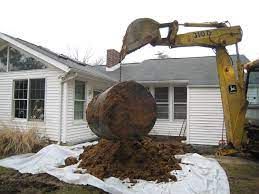Mark Bradeis
- NJ HOME INSPECTOR LIC# 24GI00169300
- CERTIFIED ASHI INSPECTOR ID# 266136
- RADON MET# 13896
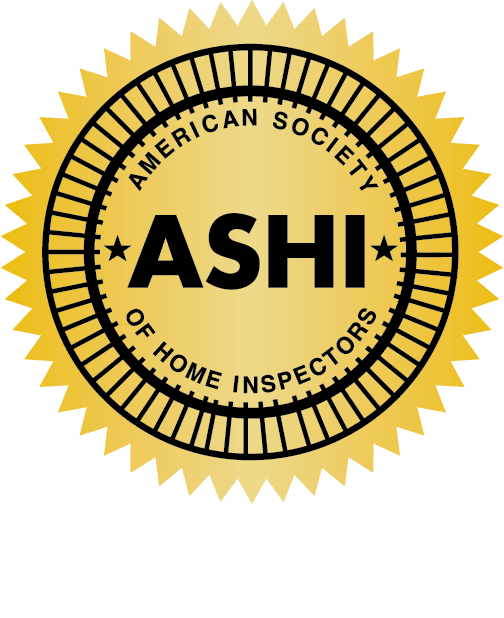
Free eBook with Tips to Optimize and Maintain your Home and/or Prevention.
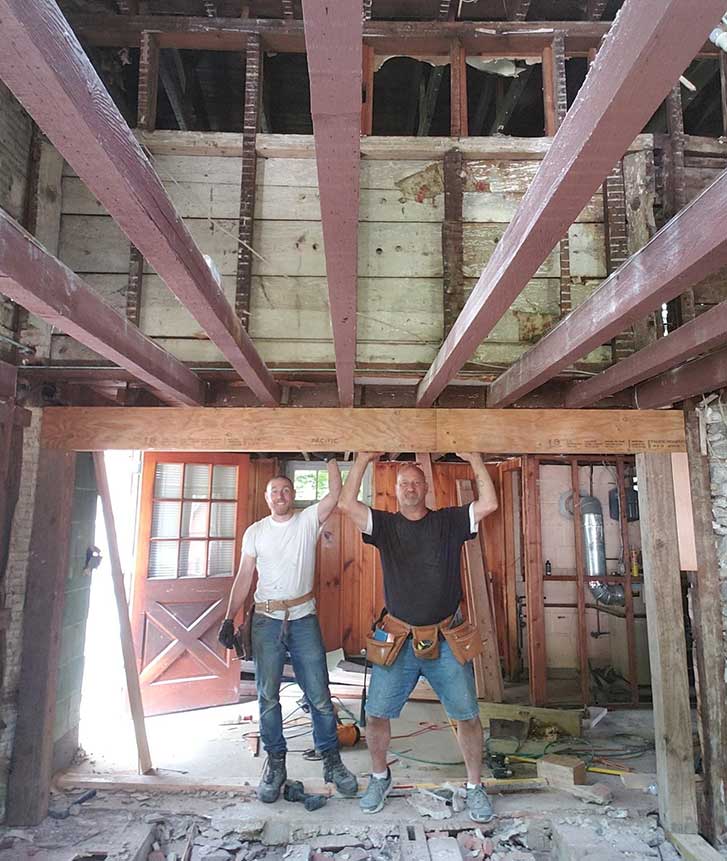
Home Inspection Services
A home inspection is an objective visual examination of the physical structure and systems of a house, from the roof to the foundation. We spend around 2 -3 hours evaluating a home and have reports generated that are detailed and easy to read the next day in most cases.
The home inspection you will be provided wll be idemized and summerized. It will provide valuable information regarding the home. You will be informed of possible issues along with the positives of the property inspected.
What does a home inspection include?
The standard home inspector’s report will cover the condition of the home’s heating system; central air conditioning system (temperature permitting); interior plumbing and electrical systems; the roof, attic and visible insulation; walls, ceilings, floors, windows and doors; the foundation, basement and structural components.
Why do I need a home inspection?
Buying a home could be the largest single investment you will ever make. To minimize unpleasant surprises and unexpected difficulties, you’ll want to learn as much as you can about the newly constructed or existing house before you buy it. A home inspection may identify the need for major repairs or builder oversights, as well as the need for maintenance to keep it in good shape. After the inspection, you will know more about the house, which will allow you to make decisions with confidence.
If you already are a homeowner, a home inspection can identify problems in the making and suggest preventive measures that might help you avoid costly future repairs.
If you are planning to sell your home, a home inspection can give you the opportunity to make repairs that will reduce complications greatly.

Termite inspections
A Wood Destroying Insect Inspection or WDI, specifically looks for signs of wood destroying insects, especially termites, and provides professional recommendations for treatment. The report provided details findings from a thorough visual inspection of a home by a certified professional. This inspection is important as it can save thousands of dollars in potential structural damage caused by termites and/or other insects. This standard report uses form NPMA-33 from the National Pest Management Association.
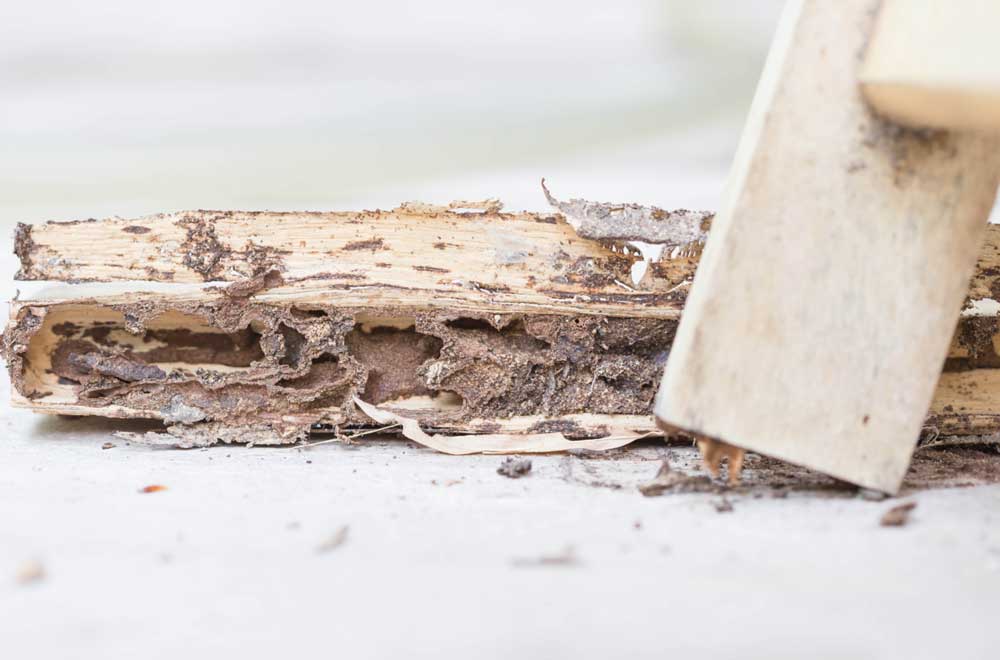
Radon is a naturally-occurring radioactive gas that can cause lung cancer. Radon gas is inert, colorless and odorless. Radon is naturally in the atmosphere in trace amounts. Outdoors, radon disperses rapidly and, generally, is not a health issue. Most radon exposure occurs inside homes, schools and workplaces. Radon gas becomes trapped indoors after it enters buildings through cracks and other holes in the foundation. Indoor radon can be controlled and managed with proven, cost-effective techniques.
Breathing radon over time increases your risk of lung cancer. Radon is the second leading cause of lung cancer in the United States. Nationally, the EPA estimates that about 21,000 people die each year from radon-related lung cancer. Only smoking causes more lung cancer deaths.
You can take steps to reduce and control the amount of radon in your home. Testing is the only way to determine radon levels.
Mold Air Quality Testing and Sampling
In any areas of a house suspected or confirmed to have mold growth, air samples can be taken to help verify and gather more information. Moisture intrusion, water damage, musty odors, apparent mold growth, or conditions conducive to mold growth are all common reasons to gather an air sample. Test your house for mold to identify mold issues and avoid serious health problems. The presence of mold in your home can impact your investment considerably. Even more importantly, unabated mold exposure over extended periods of time may result in serious adverse health effects.
We provide a preliminary mold air quality test to determine if and what potential molds are present in a home or structure. This test does not provide a scope of work and costs for remediation, but provides information to determine if possible, remediation is necessary. All samples are analyzed by a state approved laboratory to ensure accurate results.
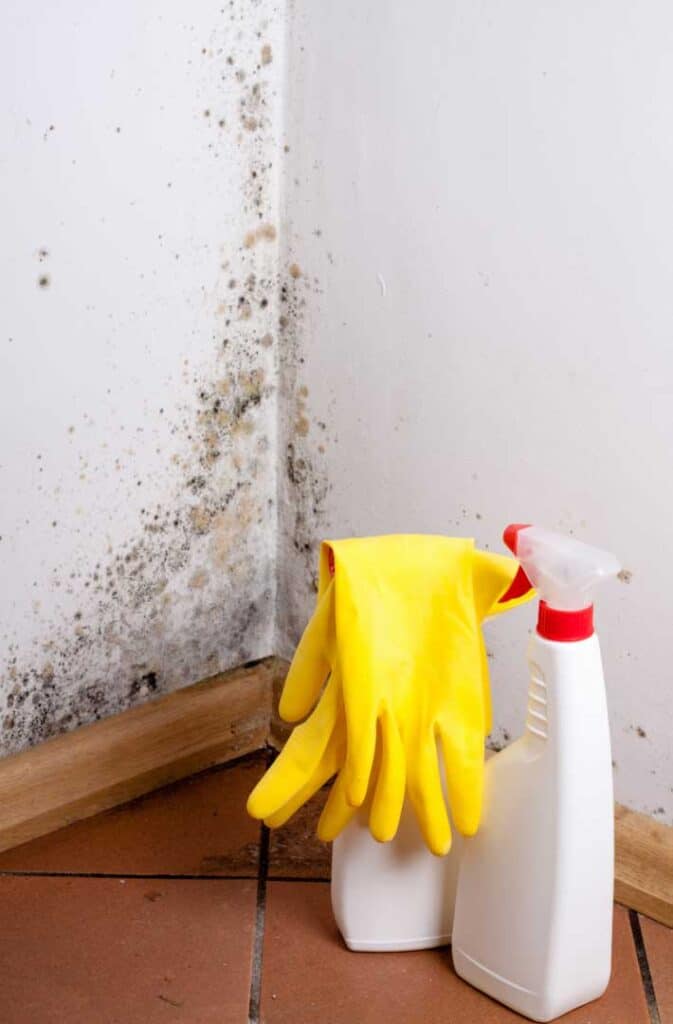
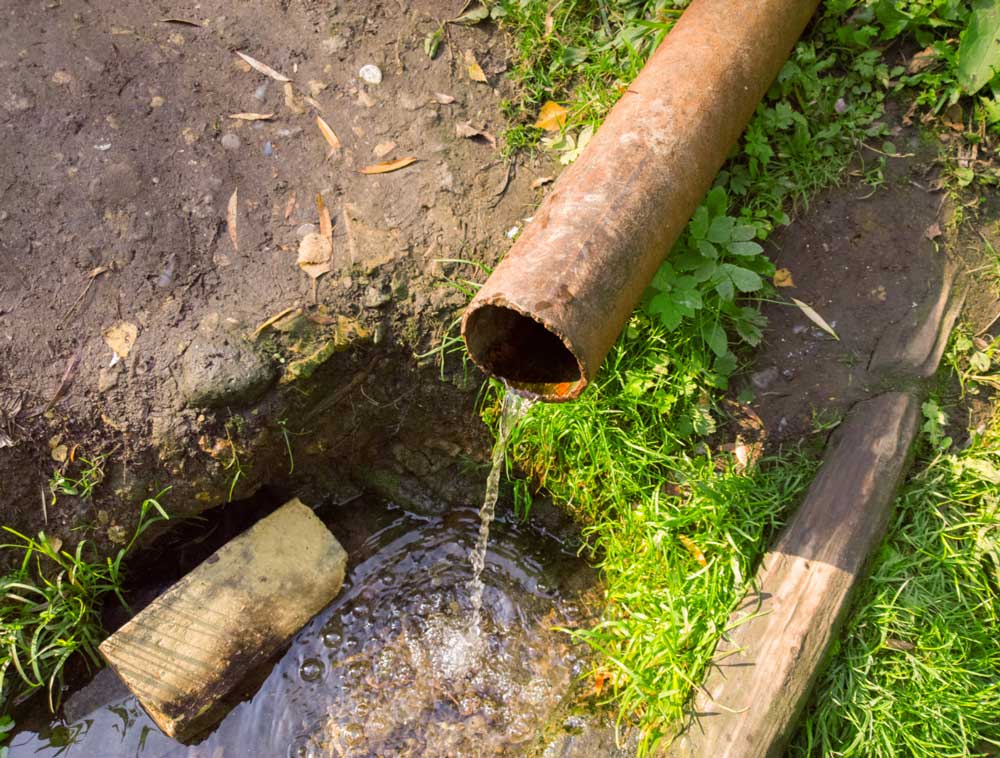
Sewer Scope
A sewer line is often one of the costliest things to repair in a home. Getting a sewer scope inspection can help you avoid investing in a home that has serious issues with the sewer system. A sewer scope inspection uses a video attached to a snake-like cable to examine the home’s sewer line. This privately-owned pipeline leads from the house to the publicly owned main sewer line. Sewer scope inspection can reveal damage to the pipes, blockages, and other problems.
Oil Tank Sweep
Thousands of homes across New Jersey contain decaying oil tanks buried underground that can contaminate soil and water and flood their surrounding environment with toxic substances. An oil tank sweep is the best way to locate buried oil tanks that you may or not be aware of in your yard.
